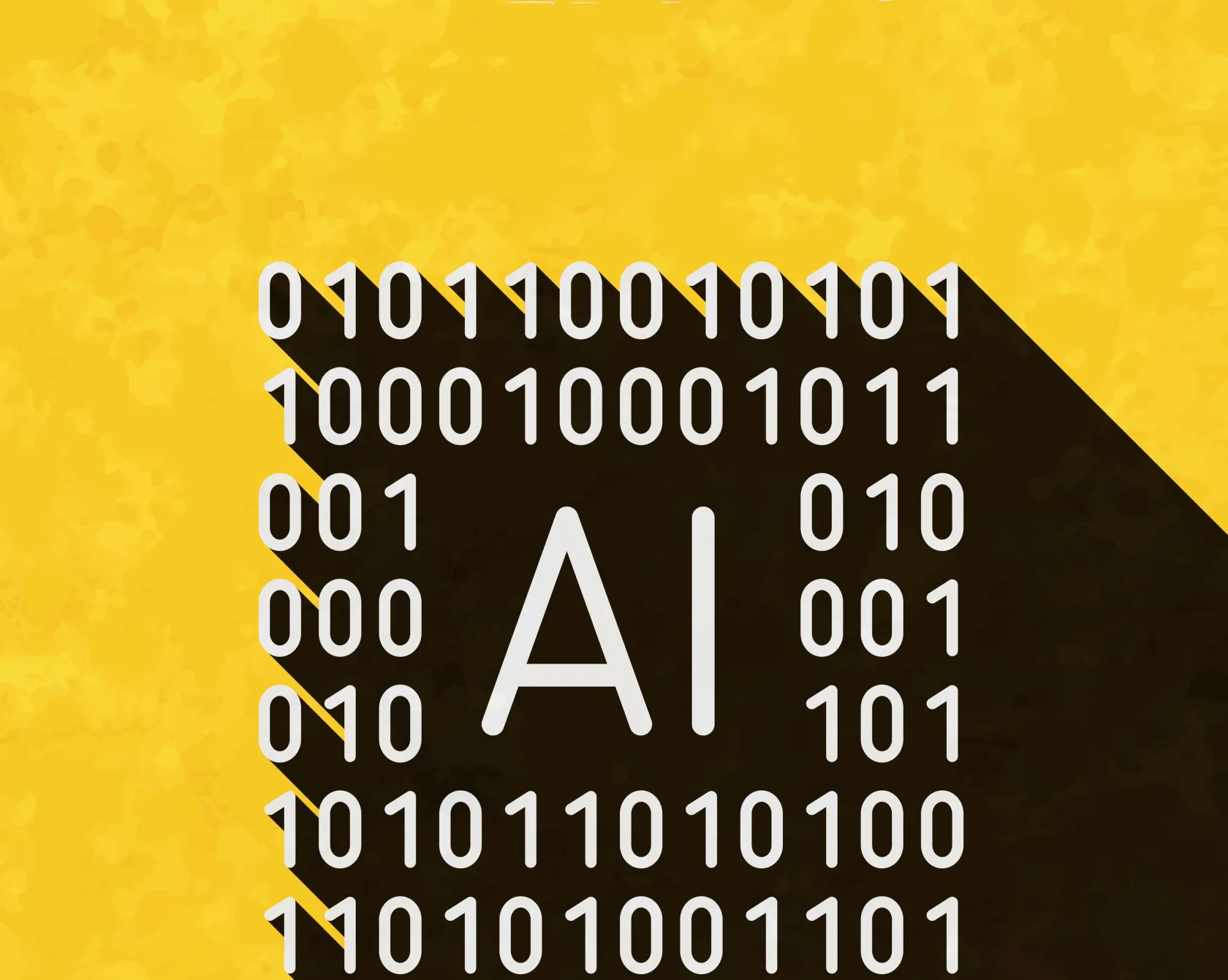
The AI Revolution
You have probably heard about ChatGPT. And maybe you have tried it, and you were surprised. You are likely to be intrigued, worried, or irritated about its possible uses or misuses... This software is actually the latest in a series of stunning breakthroughs in artificial intelligence (AI) that took place in the past decade. Machine learning algorithms, which learn statistical rules by themselves through their analysis of extremely large database, have reached human-level performance in many tasks. A few landmarks: image analysis and image-based diagnosis, playing complex games and strategical planning, predicting protein shapes and designing new molecules for medicine, generating images or texts.
No one predicted these recent discoveries, so our present predictions are likely to be wrong! Anyhow, let us take the risk and try to sketch at least some broad scenarios.
While the industrial revolution was an energy revolution, using machines that consume fossil energy as a substitute for the physical work of humans, the AI revolution is one based on information processing. New tools of artificial intelligence are being integrated into human activities as auxiliary agents and this trend will accelerate. To give just a few examples, let us mention medical-diagnosis aids, planning, generating standard correspondence, customer profiling, or AI-assisted scientific research. Recent dramatic improvements in large language models will certainly expand and help this integration, but they will also put pressure on the economic structure in order to incorporate new tools efficiently.
As we continue to develop AI technologies, it is vital to consider the ethical implications of their use. We must ensure that the development and deployment of AI are transparent, fair, and accountable; developing the right regulatory framework, and educating people to the correct use of AI devices, are priorities. The present developments are also strongly dependent on the access to very large amounts of data and computing power, as a consequence the new technologies are developed mostly by a handful of very big companies. We must ensure that the benefits of AI are shared equitably across society and are not kept in the hands of a few companies.
One can expect the research on AI to develop in two main directions. On the one hand, the understanding and control of machine learning algorithms used to train modern AI devices is crucial. At present, we have no complete explanation for how these machines achieve their astonishing performance on new tasks, they are used as black boxes for which there exists no guarantees. Secondly, recent discoveries have brought to questioning of the very nature of 'intelligent behavior'.
While the success of large language or image-making models is largely due to training bigger and bigger devices, we believe that scaling up their size is not going to close the gap with human intelligence. Cognitive science shows that a baby learns a concept by guessing and generalizing a rule from just a few examples, very far from the database with millions of items used in machine learning. While purely statistical approaches have shown their power, intermeshing them with logical rules is a big challenge.
On this road towards more 'intelligent' behavior, another critical development for AI will be the capability of generating internal representations of the world, building on unsupervised data. One direction could be reinforcement learning, which rewards specific actions and leads to learning by trial and error. This technique has already led to great discoveries but in limited scopes like games. In the next years it will be used in more realistic setups where actions can help build representations.
As neurosciences are also making remarkable progress in collecting data on neural activity and correlating them with various tasks, a new convergence between computational neuroscience and AI can take place. For instance, some recent experimental results on the non-stationary nature of the internal representations in working brains have stimulated new discussions in both communities. Research at the interface of these two disciplines should provide deep new insights on the nature of intelligence, with an impact both for designing new AI devices and for a better understanding of the brain.
No doubt: what we are witnessing is an AI revolution. Its impact on the organization of the societies will be major and needs to be controlled and managed. As any technological innovation, it can be misused, either deliberately or by mistake: the ethical consequences need to be considered and regulated. At the same time, this AI revolution opens major and fascinating new scientific perspectives. As scientists, let us remain humble and acknowledge the limitations of current AI systems while striving towards a better understanding of intelligent behavior and developing ethical frameworks for its use.